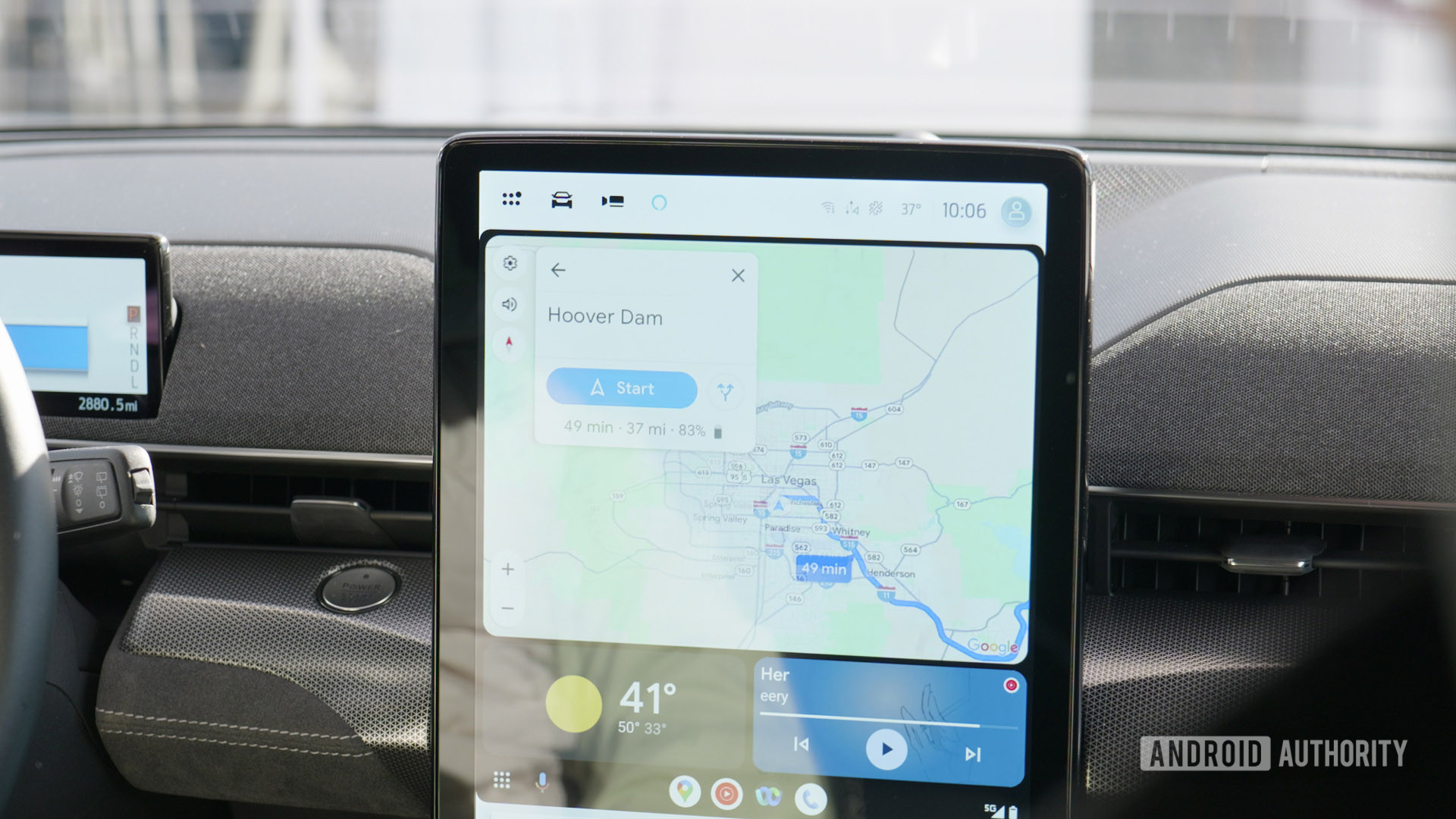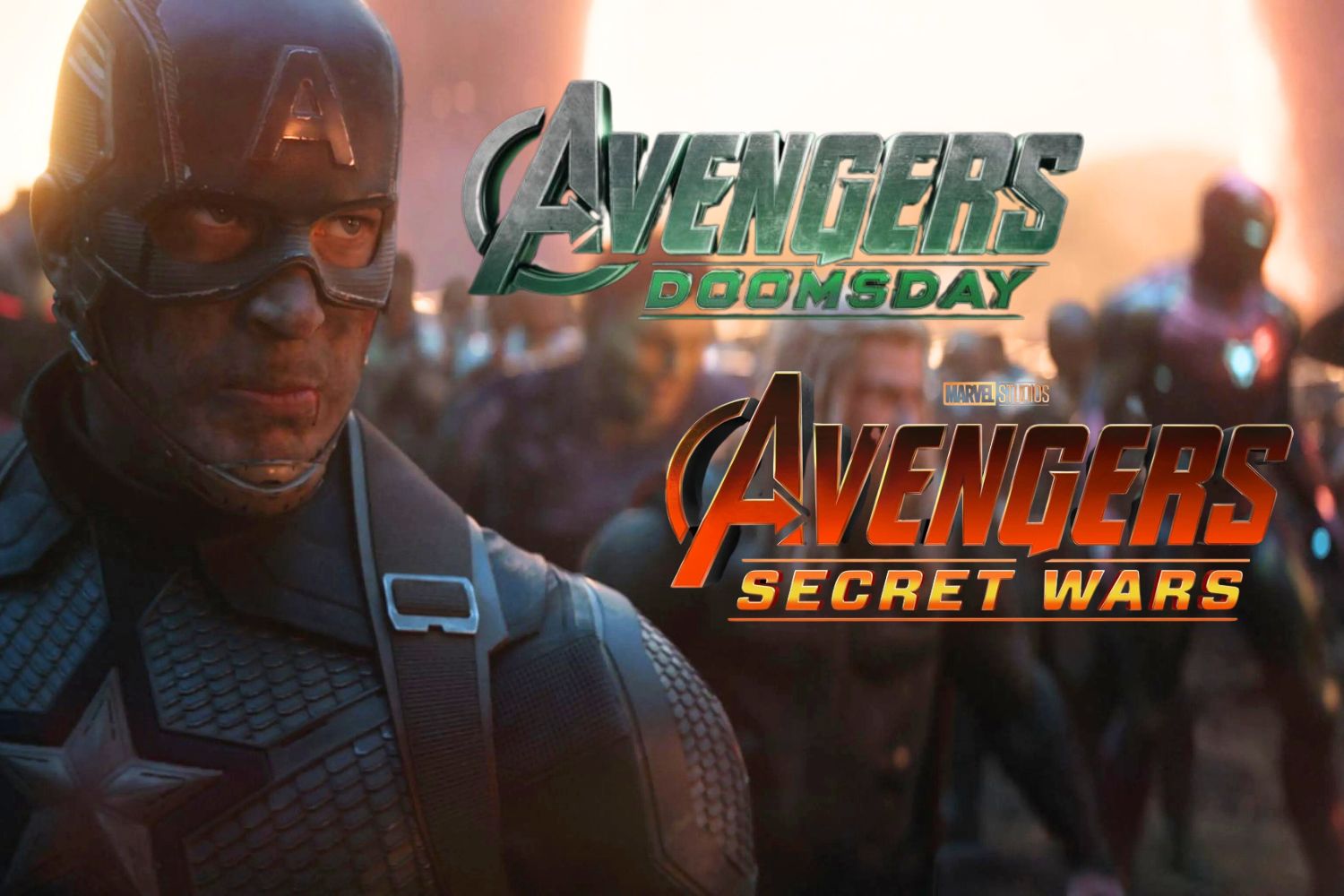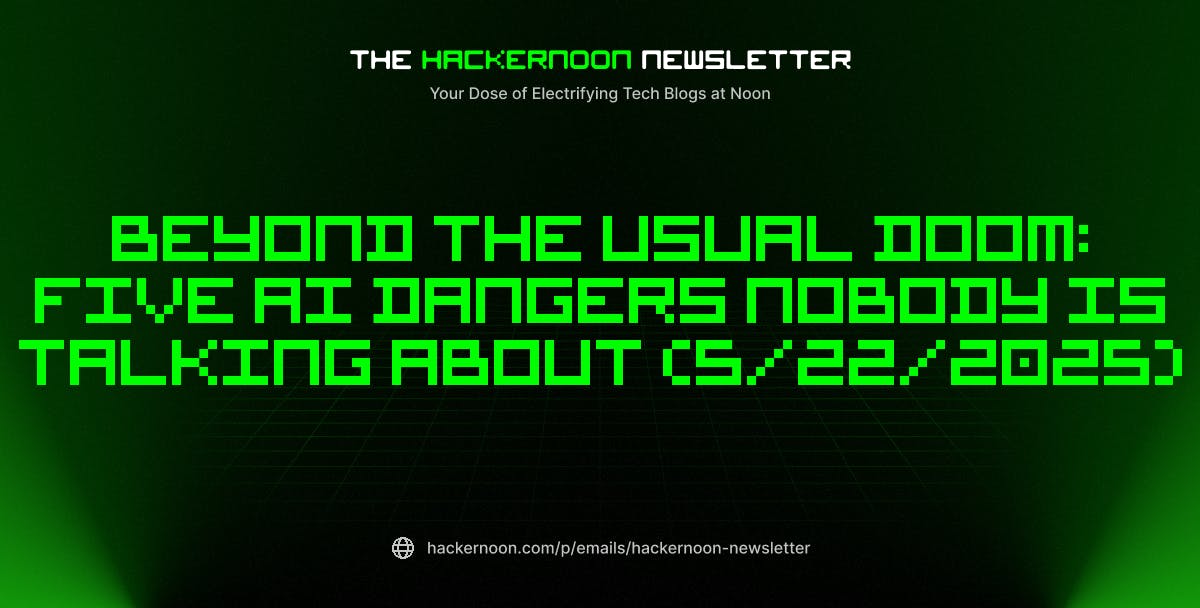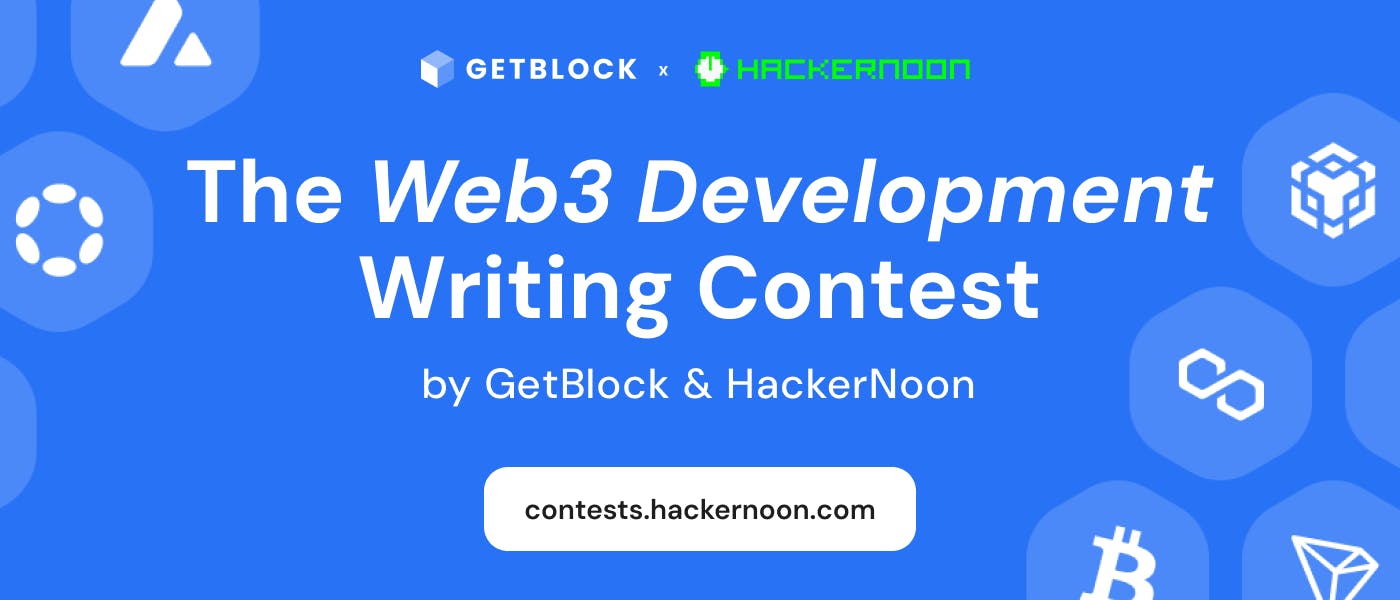Let’s face it: consulting meetings can be a double-edged sword. When done right, they move projects forward. But when they’re unclear or disorganized, they waste time and energy. 🪫
You’re here because you know there’s a better way—one that reflects the high stakes and nuance of consulting work.
Consulting meetings aren’t just about sharing updates—they’re where trust is built, insights are uncovered, and decisions are made that directly impact business outcomes.
From discovery calls and stakeholder interviews to solution workshops and implementation reviews, each meeting has a unique purpose, and your approach needs to match it.
In this blog post, we’ll discuss how to plan, lead, and follow up in ways that maximize efficiency and leave everyone clear on what comes next.
Let’s recharge your client sessions. 🔌
How to Run Productive Consulting Meetings: Agenda, Tools & Tips
What Are Consulting Meetings?
Consulting meetings are structured conversations where consultants and clients align on goals, uncover problems, evaluate solutions, provide advice, and drive business outcomes. Unlike internal team meetings, these discussions often span strategic decision-making, operational insight-gathering, and stakeholder management—all in a limited time frame.
They’re opportunities to influence direction, build trust, and prove your value with every interaction.
These meetings help:
- Establish clear client communication from the onset
- Provide actionable insights to move projects forward
- Build trust and strengthen the client-consultant relationship
- Ensure alignment on goals and strategies to manage client expectations better
- Save time and resources through efficient planning
🧠 Fun Fact: The word ‘meeting’ dates back to the 14th Century, derived from Middle English, meaning ‘to assemble.’
Types of Consulting Meetings
Consulting meetings come in various forms, each designed to achieve specific outcomes. Here’s a breakdown of the most common types of consulting meetings and how they help you move forward. ⏩
Discovery calls
The discovery call establishes the foundation for the entire consulting relationship. You ask targeted questions to uncover both obvious and hidden client needs.
For example, when working with a manufacturing company struggling with inventory management, you might uncover that their real issue stems from forecasting problems rather than warehouse logistics.
During this call, you quantify the financial impact of their challenges (‘Your current approach costs approximately $2.3M annually in excess inventory’) and propose specific next steps, like a process mapping session that delivers value regardless of whether they engage you further.
Stakeholder interviews
Stakeholder interviews extract crucial perspectives from individuals who influence project success.
In a digital transformation project, you meet one-on-one with the operations director, who reveals previous failed implementations that resulted from frontline staff resistance, not technical issues. You build rapport by acknowledging their expertise while gathering intelligence on organizational dynamics.
These interviews often surface critical information absent from official documentation, such as informal approval processes or unwritten rules that will impact your solution design.
Solution design workshops
The solution design workshop transforms concepts from the project proposal into actionable plans through collaborative creation.
When developing a new customer service model for a financial institution, you facilitate exercises where client team members map their ideal customer journey. The workshop creates ownership as participants see their ideas incorporated in real time.
You document decisions visually on digital whiteboards, assigning clear responsibilities before participants leave the room.
🔍 Did You Know? Even astronauts need meetings. They have virtual meetings to stay in touch with mission control while in space.
Implementation reviews
Implementation reviews troubleshoot obstacles while maintaining forward progress.
You examine progress against milestones, identify emerging roadblocks, and make real-time adjustments to keep momentum. Structured checkpoints like these help prevent small issues from becoming major setbacks.
A retail analytics implementation review might reveal dashboard adoption at 40% below targets due to performance issues. The meeting shifts immediately to prioritizing technical fixes, creating interim reporting solutions, and adjusting the training approach—all documented with clear ownership and deadlines.
Knowledge transfer workshops
Knowledge transfer workshops build client self-sufficiency and ensure solution sustainability. These structured sessions transform consultant expertise into organizational capability through hands-on practice and comprehensive documentation.
The workshop structure progresses from demonstration to guided practice to independent execution with decreasing consultant involvement.
In a supply chain optimization project, team members practice new inventory forecasting techniques with their actual data while consultants provide real-time feedback. Documentation captures both processes and underlying principles, enabling adaptation to future scenarios.
💡 Pro Tip: To enhance client management, deliver consistent value throughout the engagement. Regularly check in with consulting clients to ensure they’re satisfied and see progress. Address any concerns quickly and offer solutions before issues escalate.
📮 Insight: Nearly 88% of our survey respondents now rely on AI tools to simplify and accelerate personal tasks. Looking to generate those same benefits at work? is here to help! Brain, ’s built-in AI assistant, can help you improve productivity by 30% with fewer meetings, quick AI-generated summaries, and automated tasks.
Key Elements of a Successful Consulting Meeting
A successful consulting meeting doesn’t happen by chance. It requires clear planning, defined goals, and intentional effort to ensure every minute counts.
Here are the essential elements that make meetings productive and effective:
- Clear meeting agenda distributed in advance with specific topics, time allocations, and expected outcomes for each segment
- Pre-meeting preparation package containing relevant data, background information, and focused questions participants should consider
- Strategically select participants—invite decision-makers and subject matter experts, and keep the invite list tight
- Established meeting roles designating facilitator, timekeeper, note-taker, and decision authority before discussion begins
- Structured problem-framing that defines the specific challenge before jumping to potential solutions
- Collaborative visual tools such as digital whiteboards or shared documents for real-time idea capture and organization
- Active facilitation techniques that balance participation, prevent domination by senior voices, and draw out diverse perspectives
- Decision mechanisms are clearly defined in advance (consensus, majority, leader’s choice) to avoid ambiguous outcomes
- Action-oriented wrap-up documenting specific next steps, responsible parties, deadlines, and success criteria
- Immediate follow-up documentation distributed within 24 hours, capturing decisions, rationale, and commitments
- Feedback mechanism for continuous improvement of meeting effectiveness and a consultative approach
⚙️ Bonus: Many consultants rely on consulting templates for stress-free client onboarding and maintain a professional, organized approach.
How to Prepare for a Consulting Meeting
A productive consulting meeting starts long before you sit down with the client. You need an effective meeting agenda, an efficient scheduling system, and well-organized research to ensure the discussion stays on track.
Instead of juggling multiple tools, , the everything app for work, brings everything in one place.
From structuring agendas to syncing calendars and organizing research, Meetings simplifies the entire preparation process.
Let’s look at how its features help you prepare and add more value to your meetings. 👀
Plan your discussion with an agenda
A consulting meeting without an agenda is a missed opportunity.
The Agenda Template keeps consulting meetings on track by providing a clear structure for organizing discussions. It outlines key points like objectives, discussion topics, and action items, ensuring everyone knows what’s expected.
You can drag and drop meetings into available time slots, block prep time around key sessions, and avoid scheduling conflicts across multiple clients.
Let’s say you’re working on three overlapping projects. You can view all meetings by client, engagement, or team—so you’re always prepared and never overbooked.
The template also includes space to capture notes and decisions, helping you track progress and follow up easily in future meetings.
🧠 Fun Fact: The term ‘agenda’ comes from the Latin word agendum, meaning ‘things to be done.’ In medieval times, it referred to a list of items that needed to be completed in a religious service or meeting.
Visualize schedules effortlessly


Calendar makes scheduling and tracking consulting meetings easy without the usual back-and-forth. It displays tasks, deadlines, and meetings in a single, interactive calendar, facilitating better time management.
Events can be moved around with a simple drag-and-drop action, making rescheduling quick and hassle-free.
You can see all appointments in a visual layout, so it’s easy to keep track of scheduled meetings and avoid overbooking. For instance, a financial consultant planning a review session with multiple department heads can check Calendar View for a suitable time slot.
They can see their entire schedule at a glance and make adjustments instantly.
If a client reschedules a discovery call, the change syncs automatically across your tools—no need to manually update links or timelines. You also get visibility into your team’s availability, so you can loop in SMEs when needed.
If a conflict arises, they can shift the meeting to a better time without updating multiple online meeting tools separately.
Keep meetings in sync


Calendar Integrations with Google, Apple, and Outlook ensure that any changes in reflect automatically in external calendars. This eliminates the need to update schedules manually and prevents double bookings.
For example, a business consultant schedules a client strategy session in while managing personal appointments in Google Calendar. If the client reschedules, the task management software syncs the update instantly, preventing conflicts while organizing professional and personal commitments.
The integration makes it easy to sync all client meetings without toggling between multiple platforms. You can also view your team’s availability, ensuring that you select a time that works for everyone involved.
🔍 Did You Know? Many employees take control of their schedules, with 58% blocking time in their calendars to avoid meeting overload. Hybrid and online meetings are more common than in-person ones (86% vs 83%), but they bring some pain points. 72% of workers say they’ve lost time or started late because of tech issues, while 70% struggle with audio and visibility.
Schedule meetings directly from


For remote consulting, the and Zoom Integration removes the hassle of switching between platforms to set up calls.
Once you’ve scheduled the meeting in Calendar View, a Zoom link is automatically generated and included in the event.
Hosting a remote solution design session? Create the Zoom link directly in , attach it to the agenda doc, and share it in one go. Everything lives in the task—notes, link, agenda—making it easier for everyone to show up prepared.
🧠 Fun Fact: Some companies, like Amazon, have pioneered silent meetings where participants spend the first few minutes reading a detailed document in silence before discussing it.
Organize and retrieve research notes


As a consultant, you often need quick access to client details, past meeting notes, and relevant documents. Brain, an integrated AI neural network built into , acts as a centralized knowledge hub, making information retrieval effortless.
You can ask it a question and get instant responses based on stored data without searching through scattered files.
For example, you might need insights from previous discussions when preparing for a client check-in. You can simply ask, ‘What were the key takeaways from our last meeting with XYZ Corp?’ and get instant access to the relevant notes, helping you stay prepared without wasting time.
The AI tool for meeting notes is also helpful for summaries and translations.
Paired with the AI Notetaker, Brain creates the ultimate synergy for consultants—one captures every detail, while the other makes retrieving insights effortless.


The AI Notetaker transcribes conversations in real time, generates structured summaries, and extracts action items while linking everything to relevant tasks and documents. Meeting notes are no longer scattered across different platforms—everything is stored in , making follow-ups seamless.
Running a strategy session? The AI Notetaker grabs client concerns, big ideas, and action items, turning them into structured summaries. Brain can turn those summaries into full-blown tasks, subtasks, and an entire project workflow.
You’ll never have to say, “Wait, what did they decide on budget allocation again?”—just ask Brain.


Additionally, Docs provides a structured space for consultants to store research, meeting notes, and action items. It supports real-time collaboration so multiple team members can contribute insights, format content, and link documents directly to tasks.
For instance, an HR consultant working on an employee engagement strategy can use Docs to organize survey results, employee feedback, and benchmark reports.
They can highlight key insights, tag relevant stakeholders, and ensure all research is available in one document before presenting their findings.
🧠 Fun Fact: In ancient Greece, meetings were often held in the Agora, and it was considered impolite to interrupt someone speaking. To signal this, a raised hand was the custom.
Best Practices to Follow During the Meeting
A consulting meeting is a performance, a negotiation, and a working session—all rolled into one. You’re not just sharing information but guiding a conversation, managing dynamics, and delivering value in real time.
Here’s how to run consulting meetings that feel less like check-ins and more like strategic turning points. 📅
🪄 Use visual aids to enhance discussions
In a meeting, using visual aids can significantly improve comprehension and retention of information. Humans process visuals faster than text, so including elements like flowcharts, graphs, and diagrams can make complex ideas easier to grasp.
Whiteboards


Whiteboards allow you to map out ideas, create flowcharts, and organize priorities visually, keeping everyone aligned during discussions.
You can easily drag and drop elements, adjust designs, and invite others to contribute instantly.
For instance, mapping out the timeline on a Whiteboard during a product launch meeting helps define key milestones and responsibilities. As participants share insights, updates appear instantly, making tracking progress and adjusting strategies on the go easier.
🪄 Document key decisions and insights
Documenting decisions, action items, and important insights during a meeting is essential. This prevents misunderstandings and allows teams to track progress over time.
After the meeting, having a documented record also serves as a reference point to ensure the team stays on course.
For example, when a consulting team agrees on a strategy for the next quarter, documenting key takeaways like objectives, milestones, and deadlines helps solidify the plan.
The Meeting Minutes Template provides a structured format to record key discussions, decisions, and next steps.
With this template, you can easily log everything discussed and assign follow-up tasks to ensure nothing is forgotten.
It eliminates the risk of miscommunication and keeps everyone accountable. Attendees can revisit meeting minutes anytime, ensuring alignment on goals and responsibilities.
Clients appreciate when consultants close the loop before the meeting ends—this template helps you do that. ✅
🪄 Respect time boundaries
When meetings run over, attention spans dwindle, and fatigue sets in. To prevent this, it’s essential to have a clear agenda, allocate specific time slots for each topic, and keep the conversation on track.
For instance, if your meeting is scheduled for an hour, setting specific time limits for each section ensures you cover all topics without rushing or running over.
It’s also helpful to leave a few minutes for final questions, clarifications, or a quick pulse check on the meeting, especially if you’re helping the client develop decision-making, time management, or other skills.
🔍 Did You Know? The timing of meeting invitations can impact their length. Meetings tend to run longer than an hour when people are invited more than a month in advance. However, meetings will likely be 30 to 60 minutes if the invite comes within a week.
🪄 Leverage polls or quick surveys for decisions
In a meeting, making decisions efficiently is key to maintaining momentum. When a decision involves multiple stakeholders or varying opinions, getting quick input from everyone can avoid lengthy debates.
One effective way to do this is through surveys or polls, which allow you to collect opinions quickly and move forward with a clear understanding of the group’s preferences.
For example, when determining which marketing campaign to pursue, gathering quick feedback from stakeholders through a survey allows everyone to voice their opinions in a structured way.
Forms


Forms are a great tool for simplifying this process. You can create custom surveys to gather team input on key decisions, and the responses will be automatically collected and organized.
This makes it easier to analyze results and proceed with the best course of action, without needing a lengthy discussion on every option.
💡 Pro Tip: Enhance consulting and other skills by practicing clear and concise communication. Avoid jargon and overly complex explanations. Deliver information in a way that is easy for clients to understand and actionable.
Post-Meeting Follow-Up
Meetings generate ideas, but execution drives results.
Tasks
Tasks help teams move from conversation to action by assigning responsibilities immediately after discussions. Clear ownership ensures accountability, while deadlines keep projects on schedule.


Each Task includes descriptions, priorities, and attachments, eliminating confusion. Structuring tasks effectively keeps post-meeting momentum strong.
For example, after a marketing strategy meeting, create a Task for drafting campaign messaging, assign it to the content team, and set a deadline to align expectations.


Multiple Assignees in allows teams to share responsibilities without overlap. Each assignee stays updated, making coordination seamless.
For example, in a product launch meeting, simultaneously assign the task ‘Prepare launch materials’ to the design and content teams. Both teams collaborate in one place, reducing miscommunication.
Task Priorities


Task Priorities categorize work based on urgency.
Labeling tasks as urgent, high, normal, or low priority ensures teams focus on critical tasks first. This system helps balance workloads and prevents important deadlines from being missed.
For example, if a client requests last-minute revisions on a report, mark the task as ‘Urgent’ to push it to the top of the priority list. Team members immediately recognize its importance and address it first.
🔍 Did You Know? Here’s an excellent reason to skip the camera during your next virtual meeting: it’s eco-friendly! Research reveals that turning off your video during a video conference can cut your environmental impact by 96%!
and Consult On
Consulting meetings should drive progress, not just fill calendars.
A structured approach with clear agendas, actionable takeaways, and streamlined collaboration ensures that every discussion moves work forward efficiently. Staying organized makes all the difference.
brings everything into one place with templates for structured discussions, Calendar View to schedule seamlessly, and AI-powered meeting notes to capture key insights instantly. With task management, integrations, and collaborative Docs, follow-ups happen effortlessly, ensuring no detail gets lost.
Run meetings that lead to action. Sign up for today! ✅


Everything you need to stay organized and get work done.















